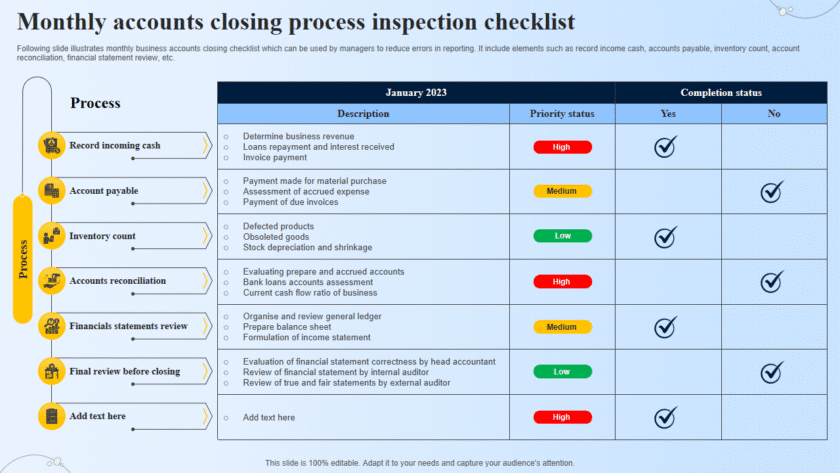The Importance of Cybersecurity in ICT
In the rapidly evolving world of Information and Communication Technology (ICT), cybersecurity plays a critical role in ensuring the safety, integrity, and reliability of digital systems and data. Here’s why cybersecurity is indispensable in the ICT sector:
1. Protects Sensitive Data
- Why It Matters: ICT systems handle vast amounts of sensitive data, including personal, financial, and corporate information.
- Impact of Cybersecurity:
- Prevents unauthorized access to confidential data.
- Reduces the risk of data breaches, which can lead to identity theft, financial loss, and reputational damage.
2. Ensures Business Continuity
- Why It Matters: Cyber attacks, such as ransomware and Distributed Denial of Service (DDoS), can disrupt operations.
- Impact of Cybersecurity:
- Minimizes downtime by detecting and mitigating threats quickly.
- Safeguards critical ICT infrastructure, ensuring uninterrupted service delivery.
3. Builds Customer Trust
- Why It Matters: Customers expect their data to be secure when interacting with ICT platforms.
- Impact of Cybersecurity:
- Demonstrates a commitment to protecting user privacy.
- Enhances brand reputation and fosters customer loyalty by preventing security incidents.
4. Prevents Financial Loss
- Why It Matters: Cyber attacks can result in significant financial damage through fines, lawsuits, and recovery costs.
- Impact of Cybersecurity:
- Reduces the likelihood of costly breaches and system downtimes.
- Ensures compliance with regulatory requirements to avoid penalties.
5. Supports Innovation and Growth
- Why It Matters: A secure ICT environment encourages innovation and the adoption of new technologies.
- Impact of Cybersecurity:
- Provides a stable foundation for implementing advanced technologies like cloud computing, IoT, and AI.
- Protects intellectual property and proprietary systems, fostering innovation.
6. Mitigates Evolving Threats
- Why It Matters: Cyber threats are becoming more sophisticated, targeting ICT systems across industries.
- Impact of Cybersecurity:
- Uses advanced tools and techniques to detect and counter emerging threats.
- Adapts to new challenges, ensuring ICT systems remain secure.
7. Enhances National Security
- Why It Matters: ICT is a backbone of critical infrastructure, including finance, healthcare, and transportation.
- Impact of Cybersecurity:
- Protects national infrastructure from cyber espionage and sabotage.
- Strengthens a country’s ability to defend against cyber warfare.
8. Encourages Regulatory Compliance
- Why It Matters: Many industries are governed by strict cybersecurity regulations.
- Impact of Cybersecurity:
- Ensures compliance with standards like GDPR, HIPAA, and ISO 27001.
- Avoids legal consequences and ensures smooth business operations.
9. Protects Remote Work Environments
- Why It Matters: The rise of remote work has expanded the attack surface for cybercriminals.
- Impact of Cybersecurity:
- Secures remote access to ICT systems through VPNs and secure authentication.
- Protects company data on employee devices.
10. Promotes a Culture of Security Awareness
- Why It Matters: Human error is one of the leading causes of cyber incidents.
- Impact of Cybersecurity:
- Educates employees and users about best practices for staying secure online.
- Encourages proactive behavior in identifying and reporting threats.
Conclusion
Cybersecurity is a cornerstone of ICT, ensuring the safe and efficient operation of digital systems. By prioritizing cybersecurity, businesses, governments, and individuals can protect their assets, maintain trust, and drive technological progress in a secure environment.






